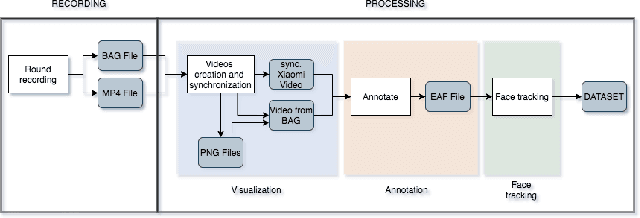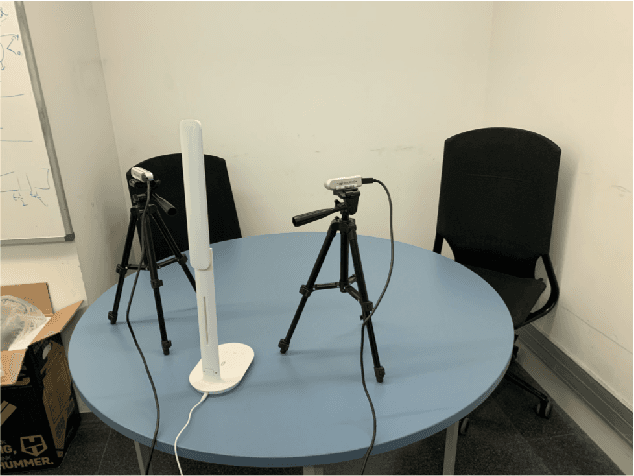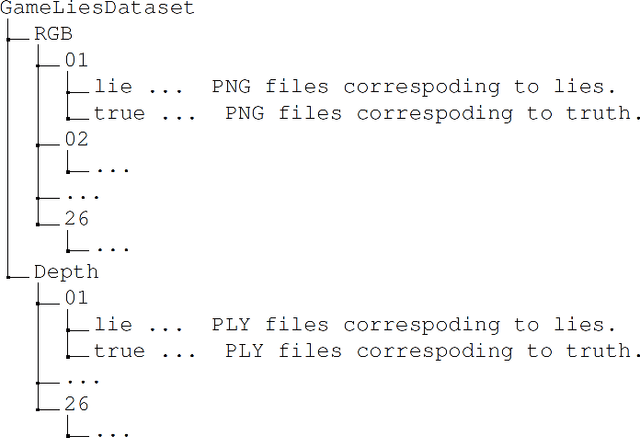Machine Learning based Lie Detector applied to a Collected and Annotated Dataset
Paper and Code
Apr 26, 2021



Lie detection is considered a concern for everyone in their day to day life given its impact on human interactions. Hence, people are normally not only pay attention to what their interlocutors are saying but also try to inspect their visual appearances, including faces, to find any signs that indicate whether the person is telling the truth or not. Unfortunately to date, the automatic lie detection, which may help us to understand this lying characteristics are still fairly limited. Mainly due to lack of a lie dataset and corresponding evaluations. In this work, we have collected a dataset that contains annotated images and 3D information of different participants faces during a card game that incentivise the lying. Using our collected dataset, we evaluated several types of machine learning based lie detector through generalize, personal and cross lie lie experiments. In these experiments, we showed the superiority of deep learning based model in recognizing the lie with best accuracy of 57\% for generalized task and 63\% when dealing with a single participant. Finally, we also highlight the limitation of the deep learning based lie detector when dealing with different types of lie tasks.
 Add to Chrome
Add to Chrome Add to Firefox
Add to Firefox Add to Edge
Add to Edge